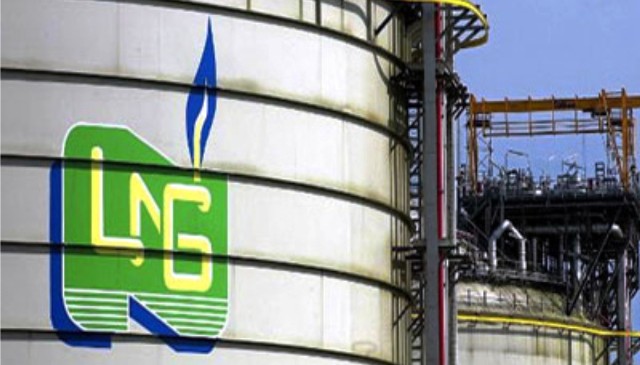Business
FG Tasks Partners On Transportation Of Third-Party Gas …As NLNG Produces At 70% Capacity

The Federal Government has urged its partners in the Nigeria Liquified Natural Gas (NLNG) project to allow the transportation of third-party gas through its joint pipelines to increase gas supply to the plant.
The follows the refusal of the partners, Shell, Chevron, NNPC and others, to allow third parties to transport gas through their pipelines to the NLNG Trains, which has made the company to be unable to operate at full capacity, causing its inability to meet domestic and international gas obligations.
Meanwhile, the NLNG produces at about 70 per cent installed capacity.
Minister of State for Petroleum Resources, Chief Timipre Sylva, while in an audience with the new Italian Ambassador to Nigeria, Sefano De Leo, in Abuja, said if the NLNG partners relax their rules, the company will be able to provide gas to help ease European Union’s gas crisis.
“The issue we have with the NLNG Trains is that of insufficient gas supply. The partners are running out of gas and they are refusing third parties to supply gas to the Trains.
“The partners are insisting that they can allow third party supply gas to the plant only if they agree to supply at subsidised rates.
“These people, of course, want to make money and they cannot supply at subsidized rates and that is why the NLNG Trains cannot produce at full capacity.
“The partners can afford to supply at subsidised rates because they are partners in the NLNG project and not the third parties.
“This is a very critical issue that I want to discuss with the partners to see how we can resolve this problem so that we can increase the production capacity of the NLNG”, he said.
Transport
Automated Points Concession : FAAN Workers Gave 72hrs To Revise Decisions In PH

Transport
FAAN Announces Pick-Up Points for Go-Cashless Cards

Business
Fidelity Bank To Empower Women With Sustainable Entrepreneurship Skills, HAP2.0
-
Politics3 days ago
2027: NIGERIANS FAULT INEC ON DIGITAL MEMBERSHIP REGISTER DIRECTIVE
-

 Environment3 days ago
Environment3 days agoLAWMA Director Says Sweeping Reforms Have Improved Waste Collection
-
Politics3 days ago
LP Crisis: Ex-NWC Member Dumps Dumps Abure Faction
-

 Politics3 days ago
Politics3 days agoUmahi Dismisses Allegations On Social Media, Insists On Projects Delivery
-

 Sports3 days ago
Sports3 days agoAbia Not Sure To Secure continental Ticket
-
Sports3 days ago
La Liga: Yamal Records First Career Hat-trick
-
Politics3 days ago
NATASHA ELECTRIC VEHICLES INITIATIVE IN KOGI CENTRAL
-

 Sports3 days ago
Sports3 days agoPSG Extend Lead In Ligue 1

